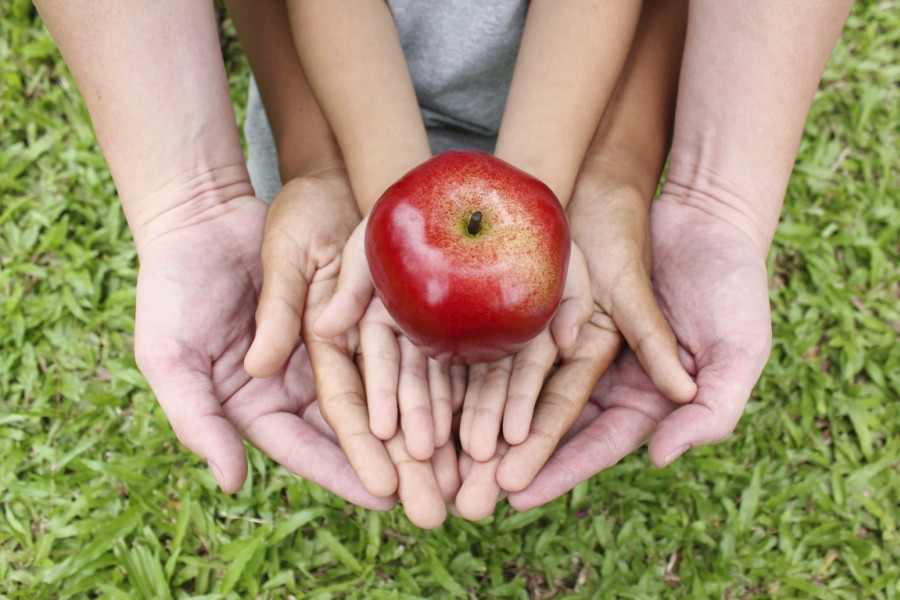
Published :
Updated :

To help the UN's effort to bring foodgrains of Ukrainian and Russian origin to the world market, the US government has reportedly exempted the production, manufacture or sale of agricultural commodities including fertilisers, agricultural equipment or medicine (of Russian origin) from US sanctions. The details of the US's position on agriculture-related products from Russia were released on Sunday by the country's embassy in Dhaka referring to a factsheet of the Department of Treasury, said a FE report on Monday. The report is obviously reassuring in the context that Bangladesh may have to import more food grains from the world market this time due to successive floods and vagaries of weather that have caused crop losses. But to the dismay of developing and least developing countries including Bangladesh, the global food-grain market has turned volatile. Though previously, post-pandemic global rise in demand for fossil fuel, food items and other essentials was thought to be the reason behind the volatility of the world commodity market, the invasion of Ukraine by Russia on February 24 this year seems to have made the situation worse.
Of late, such uncertainties in the food-grain market are being largely attributed to the ongoing war in Ukraine. The ramifications of war have also proved to be far wider than just disruptions in the supply of wheat or other essential agricultural commodities from the region in question to the rest of the world. In fact, the war has even affected agro-farming itself through making inputs like fertilisers, agricultural implements, medicines, etc costlier. With the war showing no sign of abating, the poor, food-deficit countries run the grave risk of severe food shortage. Worse yet, famine and starvation might be staring in the face of some African and Asian countries.
Against this backdrop, it is important that flow of surplus grains and other agriculture-related products and inputs out of the war-ravaged zone to where those are needed most is maintained in an uninterrupted manner. From that point of view, the US government's stance, as reported, of freeing the transactions of agricultural goods including humanitarian issues emanating from Russian Federation with other countries and regions from its restrictive regime, it is believed, would be of great help to the suffering humanity. At the same time, one would also expect that a country surplus in food production, the US would also help tame the unstable global food-grain market as well as come in a big way to the aid of the countries facing acute food shortage.
Bangladesh, on this score, can take due advantage of the US's exemptions regarding agriculture-related imports from Russia. What is more, Bangladesh stands to doubly benefit from any foodgrains or agriculture-related deal with Russia seeing that it has been maintaining a very friendly relation with that country since our independence. As Bangladesh, at the moment, has been facing challenges on multiple fronts, a pragmatic approach to resolve these issues would go a long way in ensuring the country's food as well as energy security. At this point, one needs to keep in mind that the instability in the global food-grain market as well as the floods, the currently raging heatwaves and other adversities engendered by climate change will only get worse by the day. So, the policymakers need to make the most of the opportunities being created in the international arena and adopt a long-term strategy to address the country's food security issue.


 For all latest news, follow The Financial Express Google News channel.
For all latest news, follow The Financial Express Google News channel.